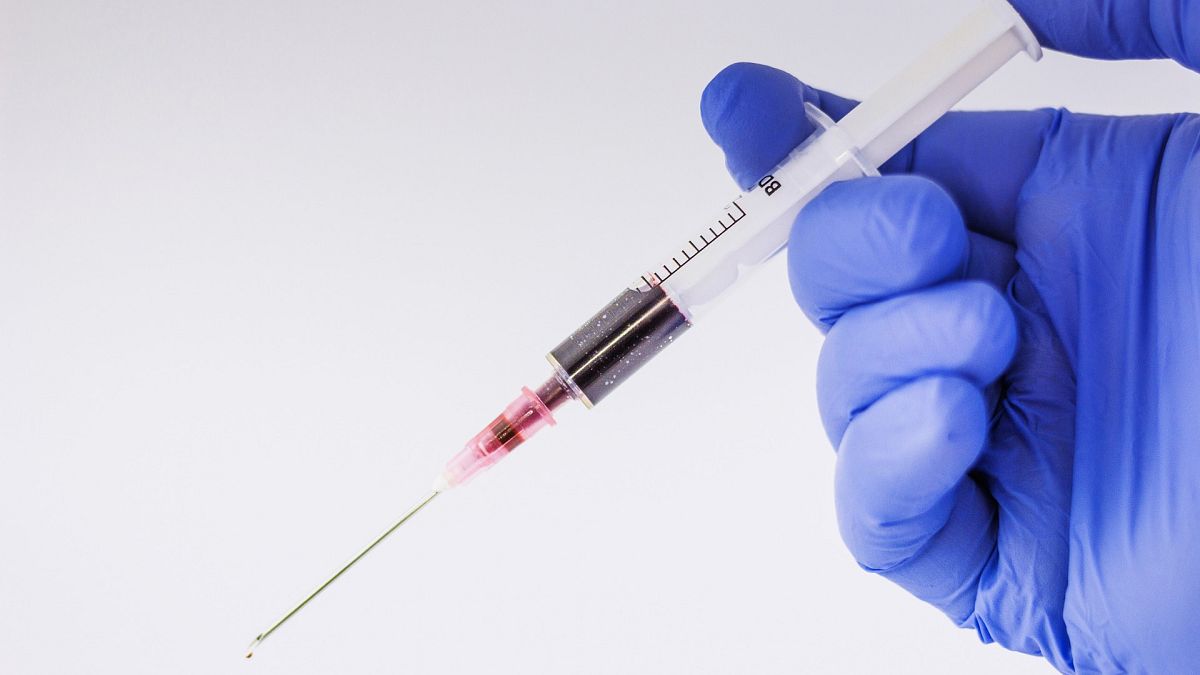CancerSEEK simultaneously looks for the presence of ovary, liver, stomach, pancreas, oesophagus, bowel, lung and breast cancer.
A new blood test developed for the early detection of eight common types of cancer could reduce the number of deaths caused by the disease, according to researchers.
The non-invasive test, called CancerSEEK, simultaneously looks for the presence of ovary, liver, stomach, pancreas, oesophagus, bowel, lung and breast cancer, diagnosing tumours before they have spread.
Developed by scientists at Johns Hopkins University in the US, in collaboration with Australian and Italian researchers, the test looks for key proteins and gene mutations that commonly arise in cancer.
"This test represents the next step in changing the focus of cancer research from late-stage disease to early disease, which I believe will be critical to reducing cancer deaths in the long term,” said Johns Hopkins scientist Bert Vogelstein.
Researchers say they hope it will be available for less than $500 (around €408) following further studies.
In a study published this week in the journal Science, researchers say they took samples from 1,005 people with one of the different cancers, with CancerSEEK able to reliably identify the tumours in 70 percent of cases.
Success rates for individual cancers varied from 98 percent in people with ovarian tumours to 33 percent in people with breast tumours.
The test was also tried on 812 people with no history of cancer to see how often it gave "false-positive" results.
Seven of the healthy patients tested positive.
In a statement, Australian scientist Professor Peter Gibbs, who contributed to the research, said the test was urgently needed because cancer mortality rates are directly related to how advanced a cancer is at diagnosis.
"While screening tests for some cancers have already been developed, and are associated with earlier diagnosis and better outcomes, for many major tumour types there are no effective screening tests,” he said.
“The currently available screening tests can also be unpleasant, have associated risks and uptake can be low. Significantly each test can only screen for one cancer at a time.”
